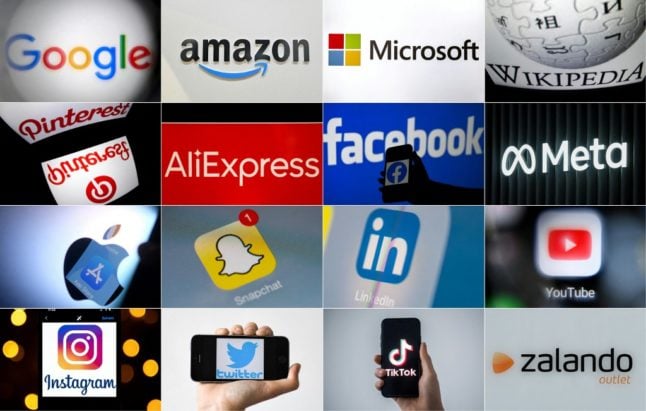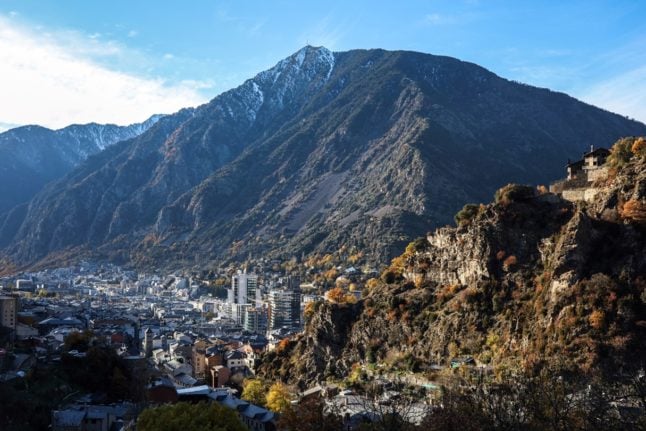What did Macron say?
The French president reportedly said: “We have to think about the social networks, about the bans we’ll have to put in place. When things get out of control, we might need to be able to regulate or cut them off.”
His comments were made during a private meeting with 220 local mayors, whose communes had been the most affected by the recent rioting.
They come on the back of criticism made by both Macron and his ministers of social media platforms such as Snapchat and Tiktok for hosting images of violence and the encrypted message channel Telegram which has reportedly been used to organise some of the worst disturbances of recent days.
Didn’t the government already do this?
There was a widespread rumour that the government had already restricted social media access in France over the weekend, as the riots raged.
In fact however, there was no government ban – users on Twitter encountered problems accessing profiles or tweets as owner Elon Musk announced changes to the platform. The problems affected Twitter users around the world. Other social media platforms in France were unaffected.
MYTHBUSTER: Coup d’état and zebras – the wildest rumours on the French riots
But they’re going to start doing this?
Macron’s comments appear to have been made off-the-cuff in the private meeting, they don’t represent any kind of policy announcement.
Once they were reported in public, the Élysée hastily rowed back, saying that Macron was merely discussing possibilities.
Digital Transition Minister Jean-Noel Barrot’s office on Wednesday told on France Inter that cutting off social networks was “not on the table”.
So what are they going to do?
Government spokesman Olivier Véran, speaking at his regular press conference after the weekly meeting of senior ministers on Wednesday, said that the government wants to bring together lawmakers to discuss how best to alter an existing social-network bill currently under debate.
A working group would examine possible “legal tools” and “clarifications” that could be added to the bill, which at present largely focuses on online bullying and harm to young people caused by social media.
“That could mean suspending features… for example some platforms have geolocation features allowing young people to meet at a certain spot, showing (violent) scenes and how to start fires,” Véran said.
“That’s an appeal to organise hateful acts in public and we’d have the authority to suspend it”.
What has the reaction been?
Unsurprisingly, the idea of restricting social media access has been unpopular.
“This is worrying, when we reach the point of saying the only solution is cutting off social networks, you ask yourself what point we’ve reached,” Green party leader Marine Tondelier told broadcaster France Inter Wednesday.
Other opposition politicians from left and right had attacked the proposal, with hard-left La France Insoumise chief Mathilde Panot responding to Macron in a tweet with “Ok Kim Jong-Un”, referring to the leader of sealed-off North Korea.
“Cut off social networks? Like China, Iran or North Korea? Even if it’s a provocation to distract attention, it’s in very bad taste,” Olivier Marleix, parliamentary chief f the right-wing Les Républicains, wrote on Twitter.
Some voices were even raised within Macron’s parliamentary camp, with MP Eric Bothorel writing that to cut off social networks would mean “giving up on the idea that democracy is stronger than the tools turned against it. It would be a mistake.”
Would it be legal?
We don’t quite know yet exactly what the government is proposing but the social media bill still needs to be debated in both the Assemblée nationale and the Senate.
Any bill that touches on a fundamental right – such as the right to freedom of speech – would also need to be examined by France’s Constitutional Council.
An attempt in 2020 to restrict the publication of images of police officers in the media (including social media) was withdrawn after furious protests and the likelihood of an unfavourable opinion from the council.



 Please whitelist us to continue reading.
Please whitelist us to continue reading.
Member comments